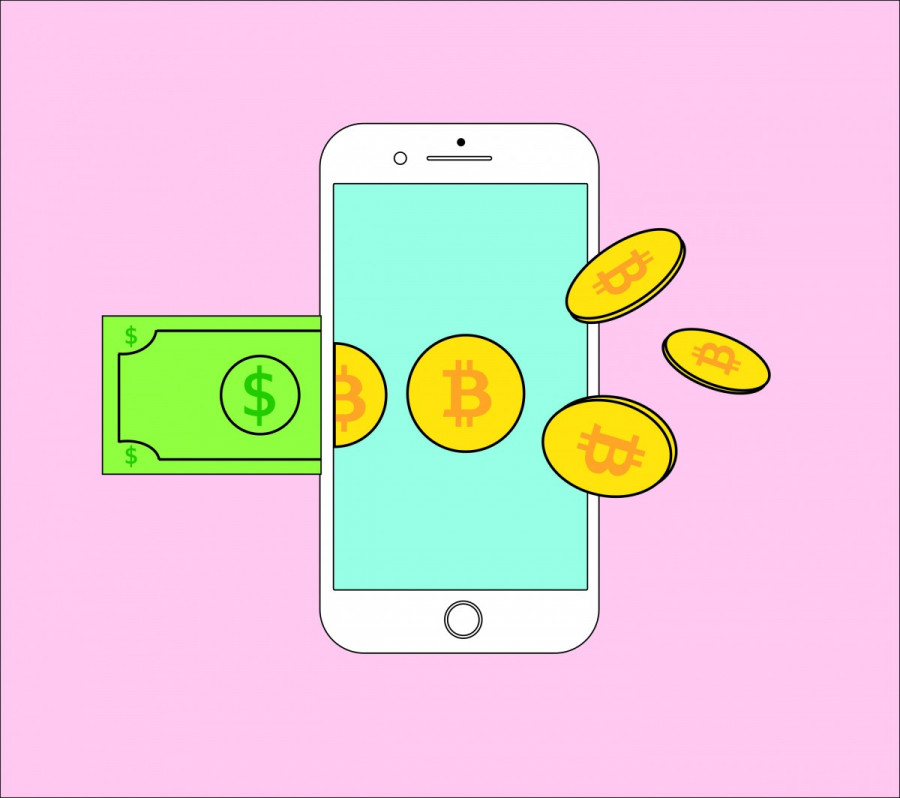The Cryptocurrency Market is Still Risky
Beyond Price Crashes, Forgotten Passwords Could Be the Greatest Danger
Many owners of cryptocurrency accounts might now be wishing for a “forgot password?” button.
A graduate of York University’s Schulich School of Business, Gerald Cotten was the founder of QuadrigaCX, one of the largest cryptocurrency exchanges in Canada.
As an early advocate for the use of cryptocurrencies, Cotten often ran afoul of Canada’s big banks, who at times set up roadblocks for the largely unregulated cryptocurrency market.
In April 2018, when responding to issues relating to delays with processing the sale of cryptocurrencies for QuadrigaCX customers, Cotten told the Vancouver Sun that, “Instead of simply blocking Bitcoin companies from having direct bank access, [Canadian banks] went after both the customers as well as the payment companies that help facilitate transactions related to Bitcoin.”
In October, Cotten responded to a request for comment from Coindesk.com, a cryptocurrency news website, saying “to put it briefly, CIBC is currently holding nearly $28 [million Canadian dollars] of ours hostage and has been doing so since January.”
The accounts containing the $28 million were eventually turned over to the Ontario Supreme Court after it was decided that they couldn’t determine who owned the money in actuality.
Now it appears that Cotten is the one holding around $250 million dollars worth of cryptocurrency assets hostage from 115,000 QuadrigaCX customers, and it doesn’t seem likely that he’ll return them. On Dec. 9 2018, Gerald Cotten died at the age of 30 from complications relating to Crohn’s disease while in India. In a ridiculous quirk only possible in a “wild west” industry like cryptocurrency, the single password to access a sizeable portion of the assets which QuadrigaCX holds for its users was stored in only one place—Cotten’s noggin.
Considering how much crypto fans brag about the security of their chosen currency, the supporters of cryptocurrencies must be embarrassed that such a simple oversight could reveal the weakness in crypto’s biggest strength—the ludicrous levels of encryption and single-point access found in major cryptocurrencies makes them vulnerable to common human conditions, such as memory loss and unexpected death.
The assets were kept in what can be referred to as “cold wallets.” They serve as a sort of money belt for storing cryptocurrency more securely than Fort Knox. They are usually glorified memory sticks or external hard drives, secure simply because you can’t hack an inert piece of metal.
However, if the inevitable happens and someone forgets their password, these things might as well be a memory stick full of cat pictures for all the good it’ll do you. Right now Cotten’s cold wallet is stuck in the strange position of being simultaneously worthless and worth enough to pay half of Concordia University’s yearly expenses ($477.6 million in 2017-18). According to the CBC, QuadrigaCX is considering selling itself in order to pay its debts.
This whole situation still leaves me scratching my head. It reminds me of that scam when companies started to “sell” stars to people.
You’d pay about $50 and the company would send you a certificate proving that some giant ball of fiery gas floating billions of miles away belongs to you. But even if they’re lying, at least they’re advertising the sale of something real. I certainly plan to enforce my rights to use mine as a garbage dump.
With cryptocurrencies however, all that you pay for when you buy a coin is a piece of code wrapped in many layers of encryption. It isn’t particularly useful as a medium of exchange, because nobody uses it and its encryption makes transactions cumbersome. It doesn’t function as a unit of account, since cryptocurrency prices are too volatile. For the same reason, it doesn’t effectively act as a store of value. The coins on that USB are going to stay there, but their value will continue to fluctuate daily. Without the ability to act effectively as a medium of exchange, a unit of account, or as a store of value, cryptocurrencies can’t accurately be called a currency.
Cotten and QuadrigaCX didn’t treat cryptocurrencies as regular currencies. They treated them like stocks, and provided a market for them to be bought, sold, and traded. But unlike stocks, cryptocurrencies are not tied to anything which produces actual value. Stocks increase and decrease in value in response (ostensibly) to performance. Cryptocurrencies increase and decrease in value due to the panicky stampeding from one crypto to another.
Many supporters of cryptocurrencies blame the hostility of banks for the slow adoption of crypto into mainstream currency markets. I think that Cotten’s untimely death reveals the real reason that people are hesitant to adopt cryptocurrencies— they have no basis in reality.






